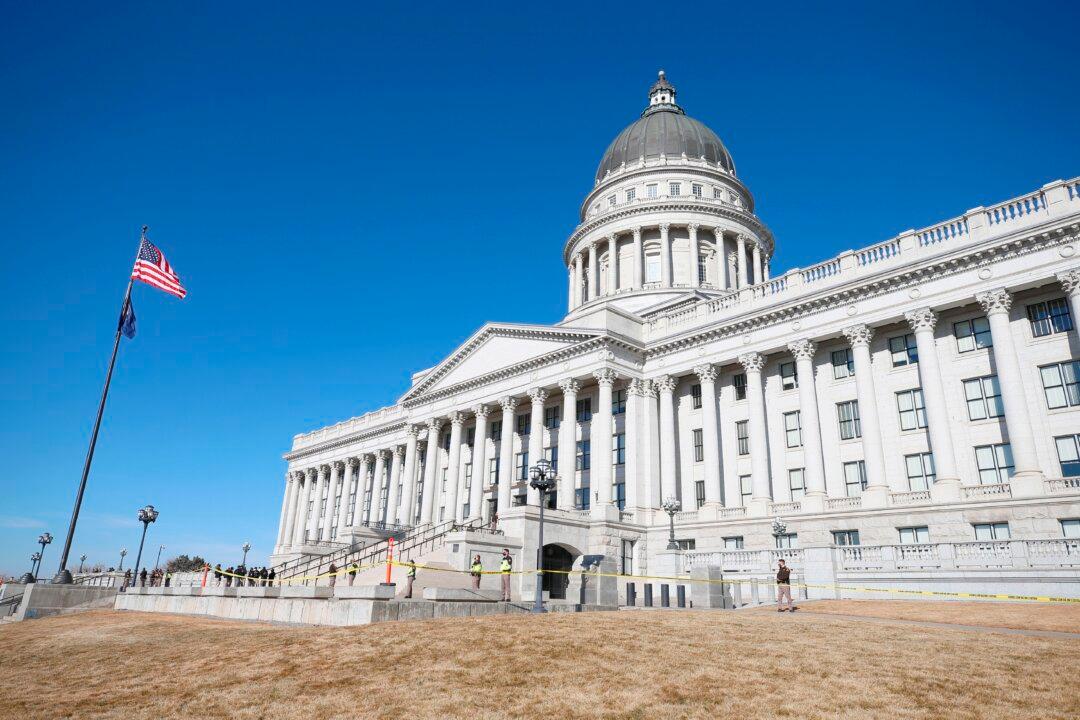Continued from Part I
The following is some background on what caused the Davis County School District to remove the Bible from elementary and middle school libraries.

The following is some background on what caused the Davis County School District to remove the Bible from elementary and middle school libraries.